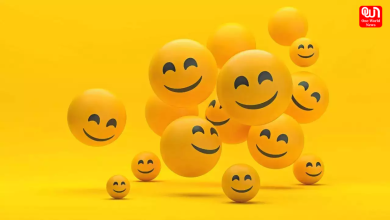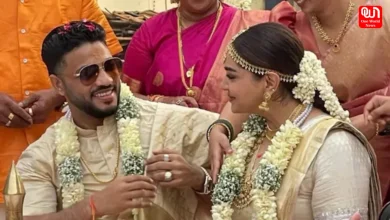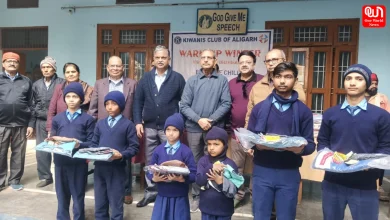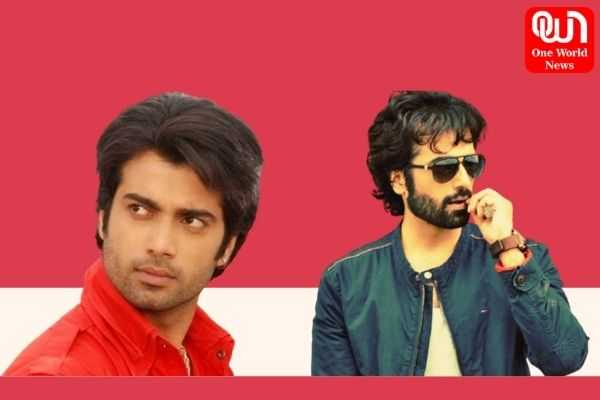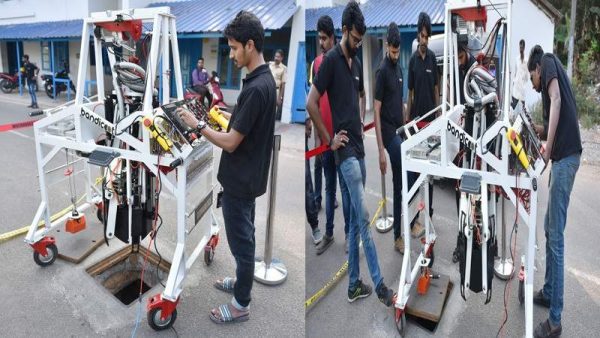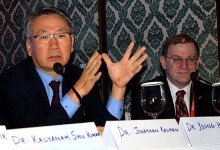
7th APHRS Conference in India
Delhi recently hosted one of the largest international conferences on Heart Rhythm Disorders in the world.
How many of us are aware of Arrhythmia?
If you guessed it to be something related to rhythm then you are absolutely right, but what exactly is it?
Well, Arrhythmia is a condition in which your heart either starts beating very fast or extremely slow erratically. Though it is not usually harmful, there are situations in which it can be life threatening.

Expert Panel at the APHRS
The APHRS Convention is one of its kinds, where Cardiac Electro Phycologists from all over the world made their appearance to talk about Arrhythmia and electro cardiology. The event lasted for three days, and was hosted at Hotel Taj Palace and ITC Maurya jointly. It is the largest medical conference organized in the country in terms of the International faculty participation. Experts from all over the world took part.
The attendees were introduced to new technologies, like Leadless Pacemaker and subcutaneous ICD, which have been recently developed in the area of heart care. We had an opportunity to know briefly about what the symptoms of Arrhythmia are and how Leadless Pacemaker or Suputanous ICD can help in overcoming these symptoms.
Briefing about the symptoms of Arrhythmia, Dr Mohan Nair, Chairman – Organizing Committee, 7th Asia APHRS Scientific Session and Chairman – Cardiology, Saket City Hospital, Delhi said, “Symptoms of Arrhythmia include falling unconscious suddenly, palpitation, unable to eat well or play well. Children having arrhythmia can also lose their lives because of cardiac arrest and adults die suddenly due to heart failure.”

Dr Kalyanam Shiv Kumar addressing the gathering.
“The technology has developed so much that if a heart fails then with the help of Pacemaker one can be brought back to life. It is the happiest feeling to look at someone who thought of nothing but death, walking around freely with the help of the Pacemaker.
Discussing about the Leadless Pacemaker, Dr.Mohan Nair said, “It is unlike the old traditional Pacemaker which is planted under the skin, thus reducing the risk of having allergies caused by the old technique. Leadless Pacemaker consists of a wire with a lead and a generator which has the battery. It doesn’t give current shocks but just stimulates the heart beats. As compared to a standard pacemaker, the new leadless pacemaker does not require surgical pocket leads.”
Earlier a person who had a heart attack just once would lose his life, however now it is possible through pacemaker to extent their life-period by 5 to 10 years and sometimes even 20 years.”

Discussion on benefits of new pacemaker over old one.
We must have come across the guidelines about not keeping mobile phone in your front pocket near your chest but you would be surprised to know that Mohan Nair says it is a myth. However, if you are using a Pacemaker then it is not allowed.
Holter monitoring, Event recorder, implantable loop recorders are a few of the techniques that have been developed to test arrhythmia. However, one should only adopt any of these on the advice of a doctor. If there are thousand people suffering from Arrhythmia then only 10 percent of them can be detected by Holter Monitoring, 30% by Event Recorder and rest by Implanted Loop Recorders.
The event aims at providing more knowledge on the fact that heart diseases can be treated and these treatments are available in India as well. Atrial Fibrillation, one of the most common Heart Rhythm disorders was concluded to be a growing epidemic in India affecting over 12.7 million Indians in 2013 as compared to 12.3 million in 2012.

Dr. Young-Hoon Kim participating ina discussion with DR. Nair.
APHRS 2014 White Book was released at the end of the conference which provided the data that in 2013 over 23 lakh Indians suffered from heart failure and 6,27,000 died due to sudden cardiac death. The total number of pacemakers implanted in the year 2013 was 36,322 and ICD’s 1950. This showed the need for global platforms such as these to discuss the growing incidents of heart rhythm disorders and their treatment.
Key Highlights of the conference included
1. Atrial fibrillation is the leading cause of stroke (paralysis) in the elderly
2. Patients with atrial fibrillation need long-term blood thinners. Now safer blood thinners are available which do not require blood monitoring
3. Sudden cardiac death is preventable. The general public should learn hands-only cardiopulmonary resuscitation (CPR)
4. Patients who have low pumping action of the heart require a machine called the implantable cardioverter-defibrillators (ICD), an internal electric shock device, which delivers an electric shock when the heart stops functioning due to the disturbed very high rhythm and thus restores normal rhythm.
5. Today it is possible to electrically burn (ablate) the electrical pathways of the heart that cause abnormal rhythm.
6. It is possible now to put a pacemaker without lead.
7. It is now possible to put an internal electric shock device (ICD) subcutaneously below the skin bypassing the muscle.
8. All children going for competitive sports in school should be screened for chances of sudden cardiac death during sports.
9. All patients with low pumping action of the heart may require not only an internal electric shock device (ICD), but also a 3 lead pacemaker to improve the pumping action of heart.
10. All patients with irregular rhythm, atrial tachycardia, should go for electric burning of accessory pathway of the heart (ablation), which is now practically a nonsurgical procedure.
11. All high risk patients should be screened for risk of sudden cardiac death so that necessary measures can be taken to prevent sudden cardiac death
12. There is a need for a nationwide sudden cardiac death prevention program
Have a news story, an interesting write-up or simply a suggestion? Write to us at
info@oneworldnews.com


